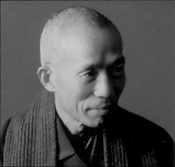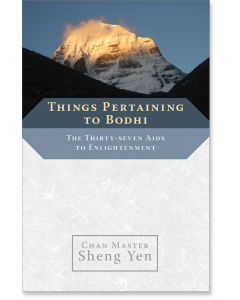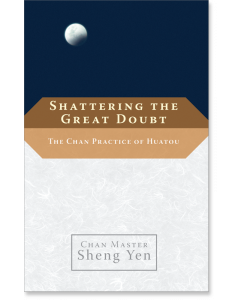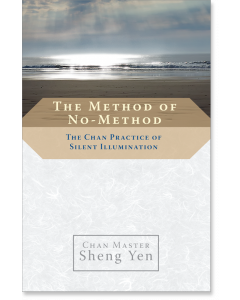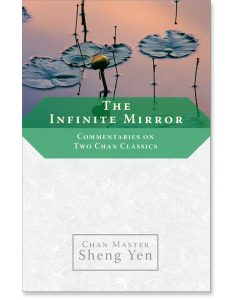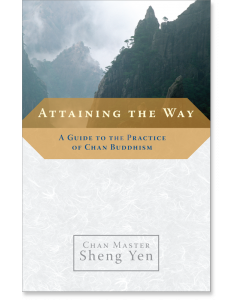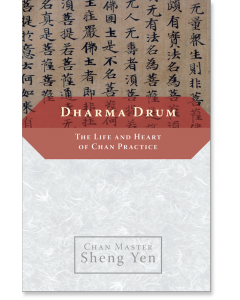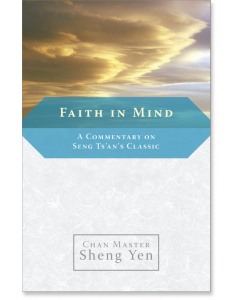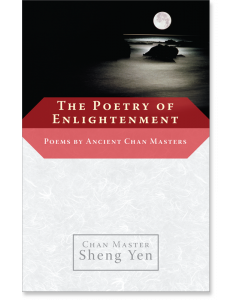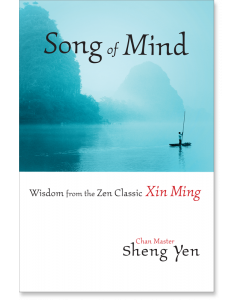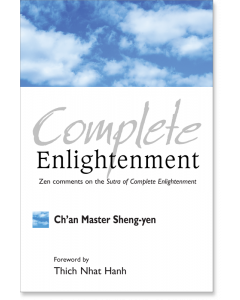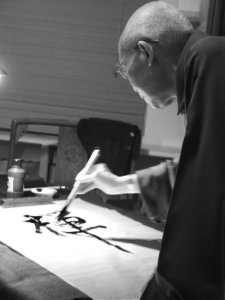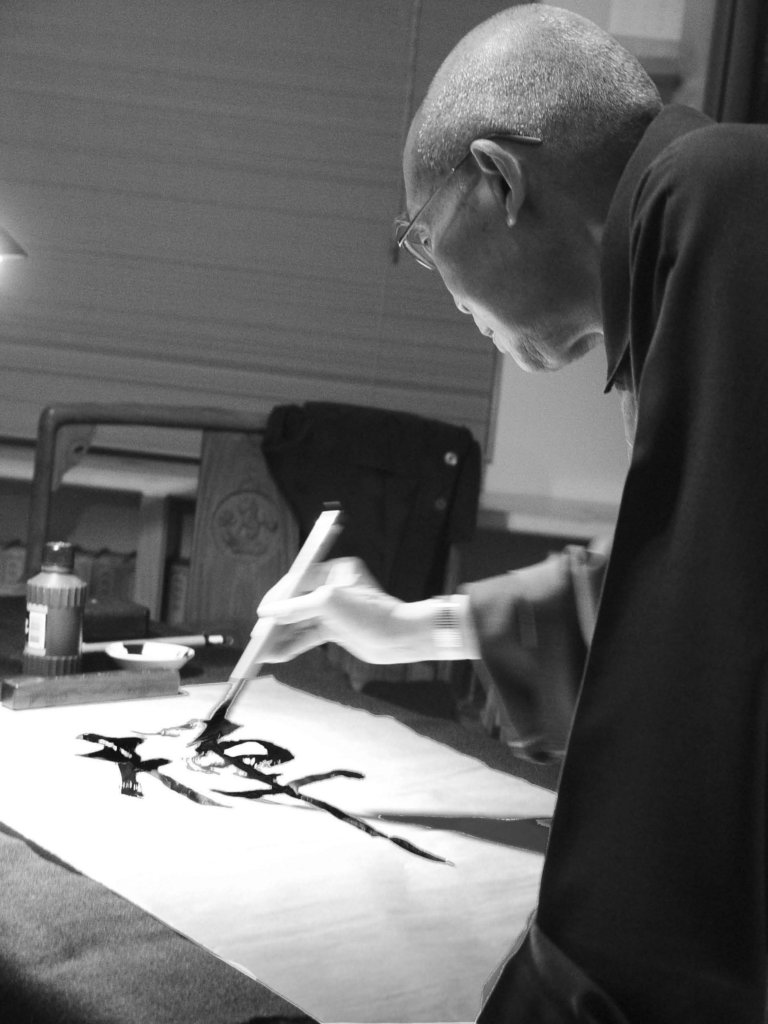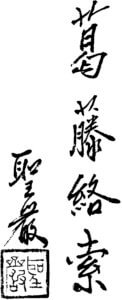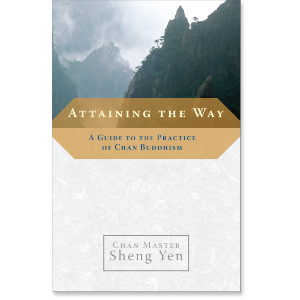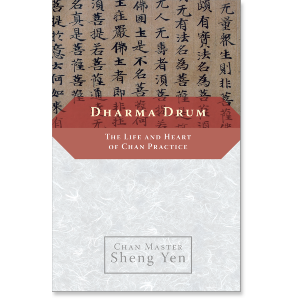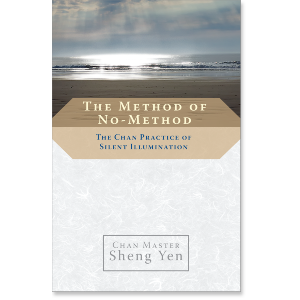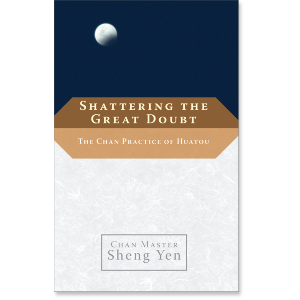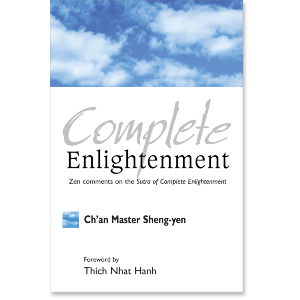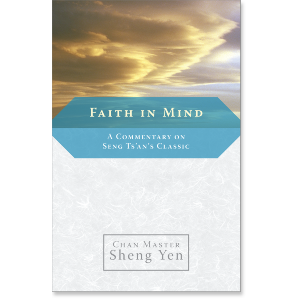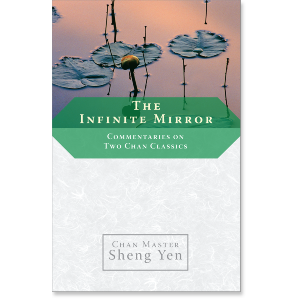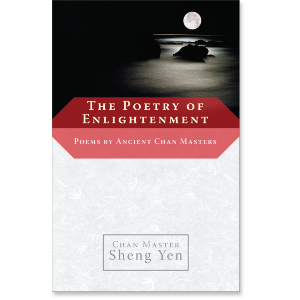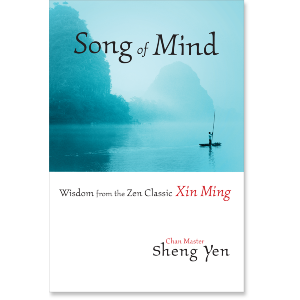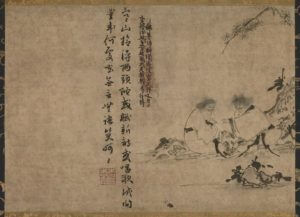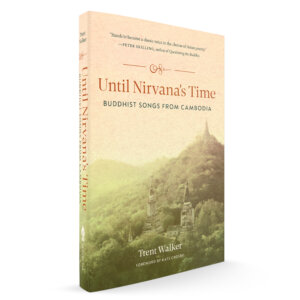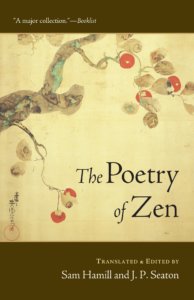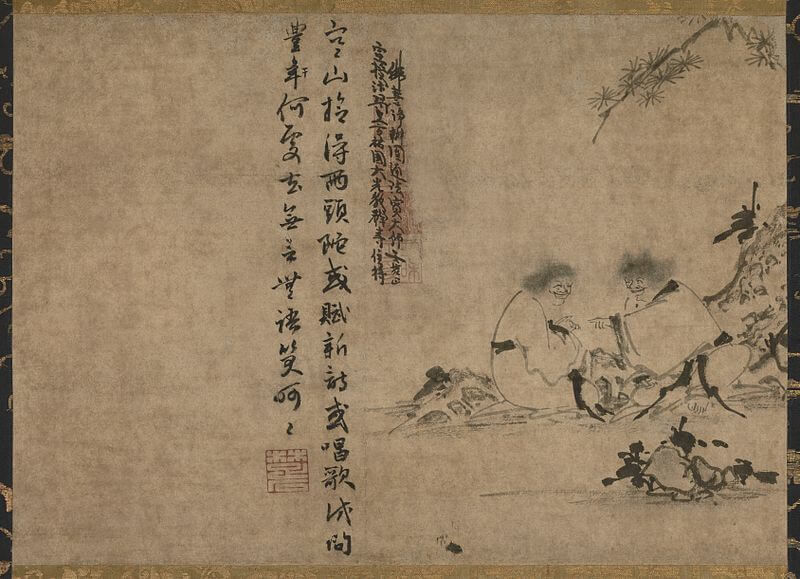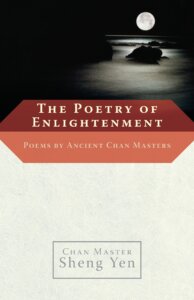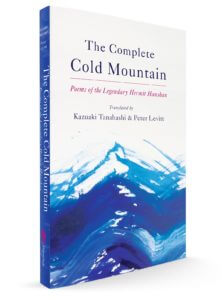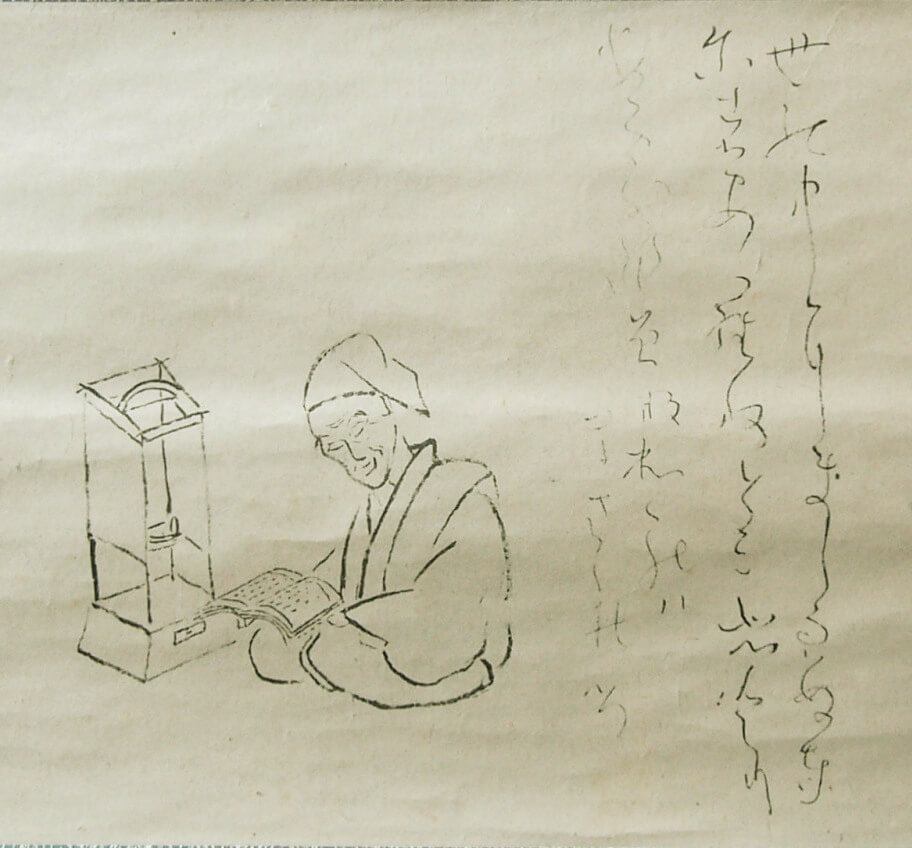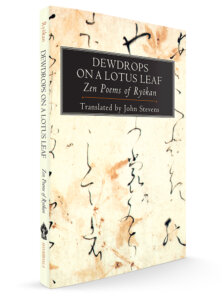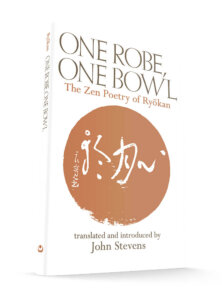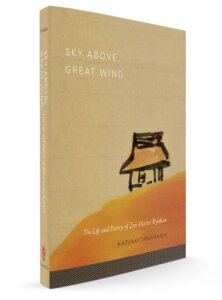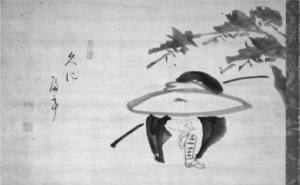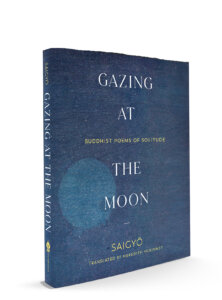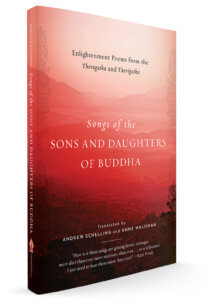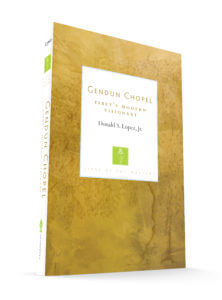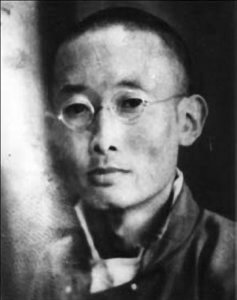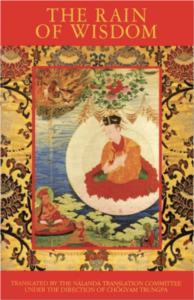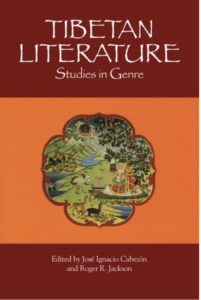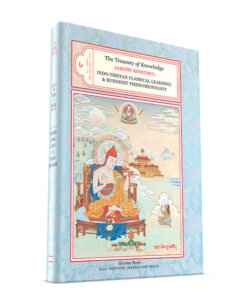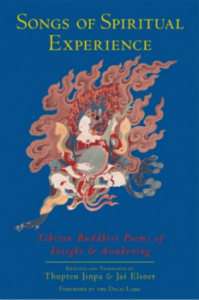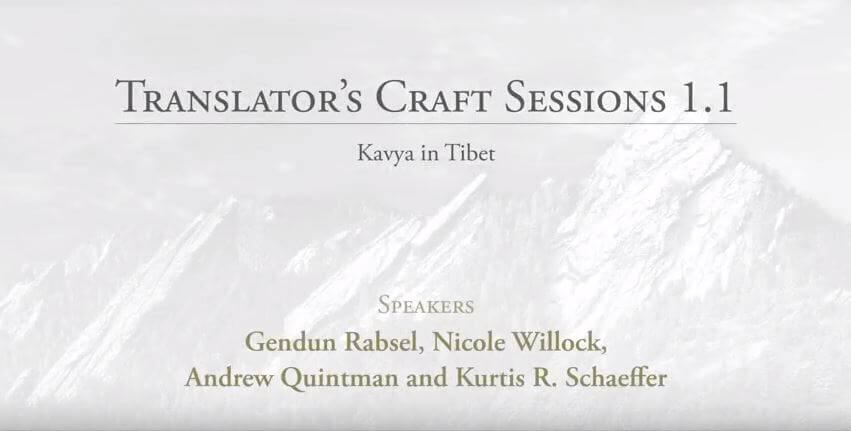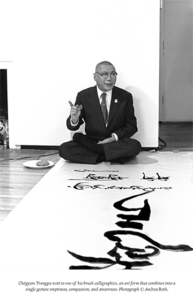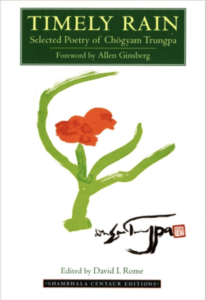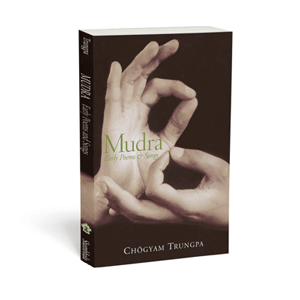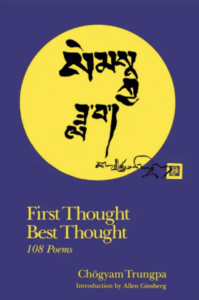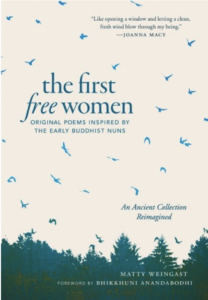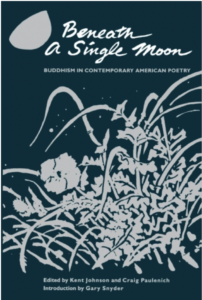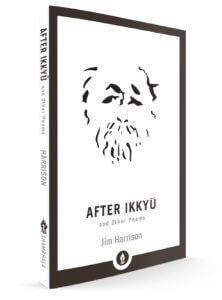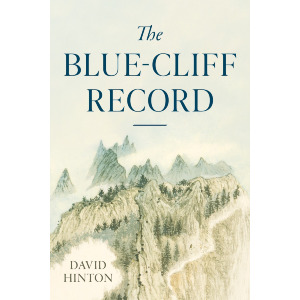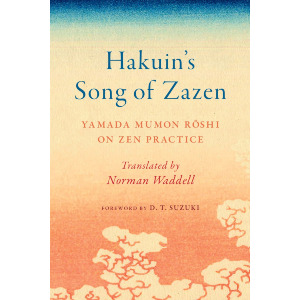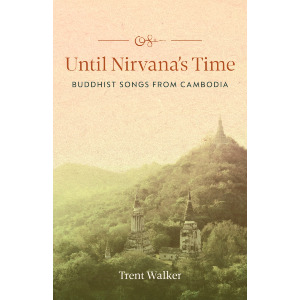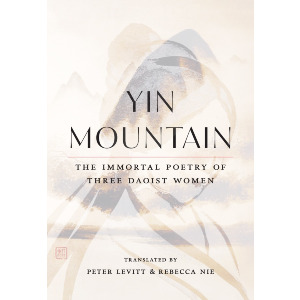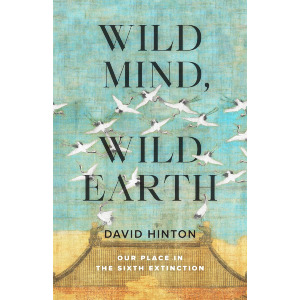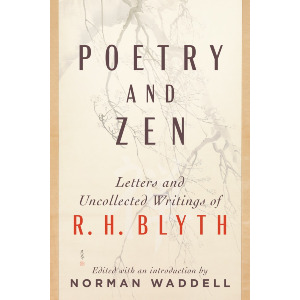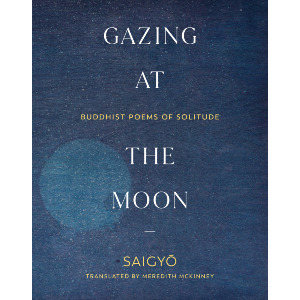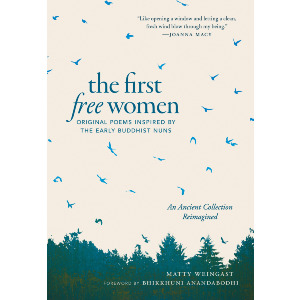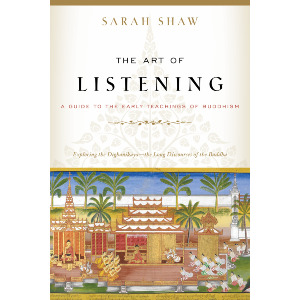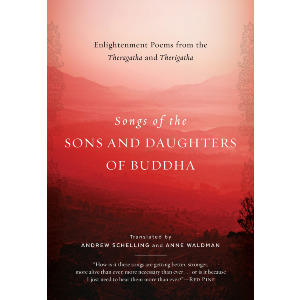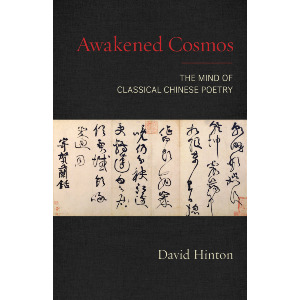Chan Master Sheng Yen (1930–2009) was a widely respected Taiwanese Chan (Chinese Zen) master who taught extensively in the West during the last thirty-one years of his life. He had numerous teaching centers throughout North America, as well throughout the world. He co-led retreats with the Dalai Lama, and he is the author of numerous books in Chinese and English, including Song of Mind, The Method of No-Method, and his autobiography, Footprints in the Snow.
This reader’s guide offers a brief glimpse into his life, followed by a look at his publications available through Shambhala.
A Vow to Share the Buddha’s Teachings
Master Sheng Yen was born into a farming family that did not own the land they cultivated. The family was humble in origin and though poor, survived by growing crops near the banks of the Yangtze River with its unpredictable moods, which included frequent flooding. As with other Chinese families of that milieu, their beliefs were an amalgam of folk religion, ritual Daoism, Confucian ethics, and a smattering of Buddhism. At age thirteen, through a series of more or less unintended encounters, Master Sheng Yen left home and entered a Chan monastery near Shanghai, where he spent most of his time learning the ritual aspects of monastery life. Much of the livelihood of the monks was performing funeral rites for lay practitioners in return for offerings to the temple. During intervals when he did have exposure to the teachings of the Buddha, his young mind was so impressed that even then, though he had yet little idea how, he vowed to some day share his love of the Buddha’s teachings with sentient beings.
At age eighteen, his Buddhist training and studies were interrupted when he was conscripted into the Nationalist Army during the Communist revolution. Soon after, the Kuomintang withdrew to Taiwan along with the remains of the army, and the young soldier-monk ended up spending ten years of his precious youth as an officer in the Communication Corps. During his years as a soldier, Sheng Yen persevered in his practice, but he also spent as much time as he could reading whatever serious literature he could find, Buddhist and otherwise, and began to write essays.
In his Journey of Learning and Insight, he says: “My greatest gain in the army was to develop my writing skills. . . . Reading and writing helped me dissolve the anguish of reality and open up to inner brightness.”
Becoming a Scholar
For the sake of brevity, we will skip over many details of Master Sheng Yen’s growth as an author of Buddhist literature, but three critical episodes in his life should be mentioned. First, after returning to a monk’s life, he was abruptly told by his teacher, Master Dong Chu that he, Sheng Yen, was to be the new editor of Humanity Magazine, a journal of Chinese Buddhism. This was a task for which he had no prior experience, yet he thrived for two years and transformed the magazine’s mission. Second, beginning in 1961 he spent six years in solitary retreat in a mountainous area in Kaohsiung, Taiwan.
There he dedicated himself to the study of the Buddhist sila (moral discipline) and vinaya (precepts). As part of his study he compiled a plethora of notes, at first not realizing that it would lead to his authoring a future classic, The Essentials of Buddhist Sila and Vinaya, which he completed before ending his retreat. Third, after emerging from retreat, his own sense of need to expand his scholastic horizons led him to enroll in 1969 at Rissho University in Tokyo, where he completed his doctorate in Buddhist literature in 1975. His doctoral thesis was on Chan Master Ouyi of the Ming Dynasty, but above and beyond earning his doctorate, he had proven himself capable of researching and authoring deeply complex Buddhist texts at the highest level of scholarship.
Everywhere and Nowhere Are Home
After earning his degree and returning to Taiwan, Master Sheng Yen was unsure of his prospects for the future. But due to karmic affinity and good fortune, in 1975 he was invited to come to America by Mr. C. T. Shen, to the Temple of Great Enlightenment in Bronx, New York. There he started a Chan meditation class that was composed of a mix of Westerners and ethnic Chinese. From that time on, Master Sheng Yen began a journey of nearly thirty-two years, during which he jetted back and forth between America and Taiwan, while creating two thriving environments for Chan practice, and authoring a stunning array of scholarly and more accessible books. In a chapter in Chan Speaks, expounding on the saying by Master Linji (d. 866), “On the way, yet never having left home,” Master Sheng Yen said of himself: “I also experienced the type of life and attitude of monastics—having left home and now without a home, so that both everywhere and nowhere are home. . . . From birth to death we are on a journey and there is never a real home.”
In 2006, having endured chronic illness for several years, Master Sheng Yen left America forever, returning to Taiwan where he spent the remainder of his mortal life. There, he continued to direct the growth of the huge complex of practice and educational centers at Dharma Drum Mountain, while occasionally conducting retreats. He also engaged in one of his favorite post-retirement activities, producing an astounding series of Chan Buddhist calligraphy. In 2009, shortly before passing away, Master Sheng Yen bequeathed his final and most touching literary work, his gatha of departing from the mortal realm:
Busy with nothing, growing old.
Within emptiness, weeping, laughing.
Intrinsically, there is no “I,”
Life and death, thus cast aside.
Master Sheng Yen’s Legacy
To speak of Master Sheng Yen’s legacy is a worthy endeavor, and it would be difficult to offer a full assessment here. For now we can enumerate some of his more tangible achievements: A body of 120-plus books and a large number of smaller monographs and essays; the founding of Dharma Drum Mountain, a large and thriving monastery and educational complex in Taiwan; the founding of the Chan Meditation Center in New York City, the Dharma Drum Retreat Center in New York State, and over fifty affiliated Chan practice centers in the USA, South America, Europe, and the Pacific Islands. He also tirelessly defined and promoted his programs for achieving “a pure land on Earth,” which he collectively referred to as Protecting the Spiritual and Natural Environment. He also founded the Dharma Drum lineage and transmitted to seventeen Dharma heirs, including eight monks and four nuns, and five Western lay disciples.
As to his spiritual legacy, what he bequeathed to us in terms of Buddhadharma and Chan realization is intimately personal to each individual, while being part of a collective spirituality that we all share, and endeavor to share, with others. To that extent, his legacy can be said to be extensive while still being a work in progress. When we contemplate this, it probably is precisely as he would see it, since Buddhist spiritual practice when properly understood, is forever a work in progress. It would seem then, that this is the way Master Sheng Yen would want it to be, because long before he became a famous Chan master, he said: “The universe may one day perish, yet my vows are eternal.”
Books by Master Sheng Yen

